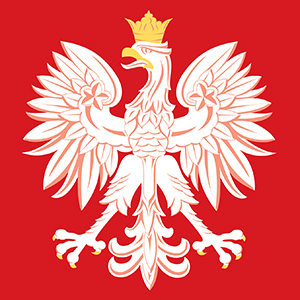Polish students beat 59 teams from all over the world, coming first in the CanSat Competitionhosted in the United States by NASA, the American Astronautical Society (AAS),and the American Institute of Aeronautics and Astronautics (AIAA). The AGH team, Space Systems, was the sole representative of Poland in the competition
Polish students from the AGH University of Science and Technology in Krakowdeployed and landed a planetary probe in a model fashion, attaining nearly the maximum number of points.
“As one of the few teams, we managed to complete all of the competition challenges,” Dr Tomasz Buratowski, tutor of the winning AGH Space Systems team, told Polska.pl.
CanSat contestants had to design and build a small science vehicle, or a planetary probe, resistant to atmospheric conditions and capable of collecting various data. Because of its shape and dimensions, the probe resembles a can, hence its name, CanSat.
Dr Tomasz Buratowski recalls that the Polish probe was designed by a seven-strong team. For nearly half a year, the students worked hard on mechanical, electronic, and IT solutions which enabled the CanSat to perform all the tasks. First, a rocket lifted the probe 800 metres up into the sky. Then, a container with the science vehicle was deployed, and floated down on a parachute from that moment on. The contestants’ task was to stabilize the container’s descent so that the video image of the ground was not spinning.Next, the vehicle separated from the container and safely landed on the ground using propellers.
“We installed a system of twin propellers rotating in opposite directions. This ensured a gentle descent of the probe, which didn’t move faster than the prescribed 10 metres/second,” says Dr Buratowski.“As it came down, the probe kept recording and sending back information about temperature, altitude, acceleration, and ambient pressure. It all went off like clockwork. Our only breach of the rules was too frequent data transmission. So instead of the full complement of points we got 98.56 percent.”
For more information on the competition visit Polska.pl.
 Biuro Rzecznika Prasowego
Biuro Rzecznika Prasowego
Ministerstwo Spraw Zagranicznych
KATALOG FIRM W INTERNECIE
